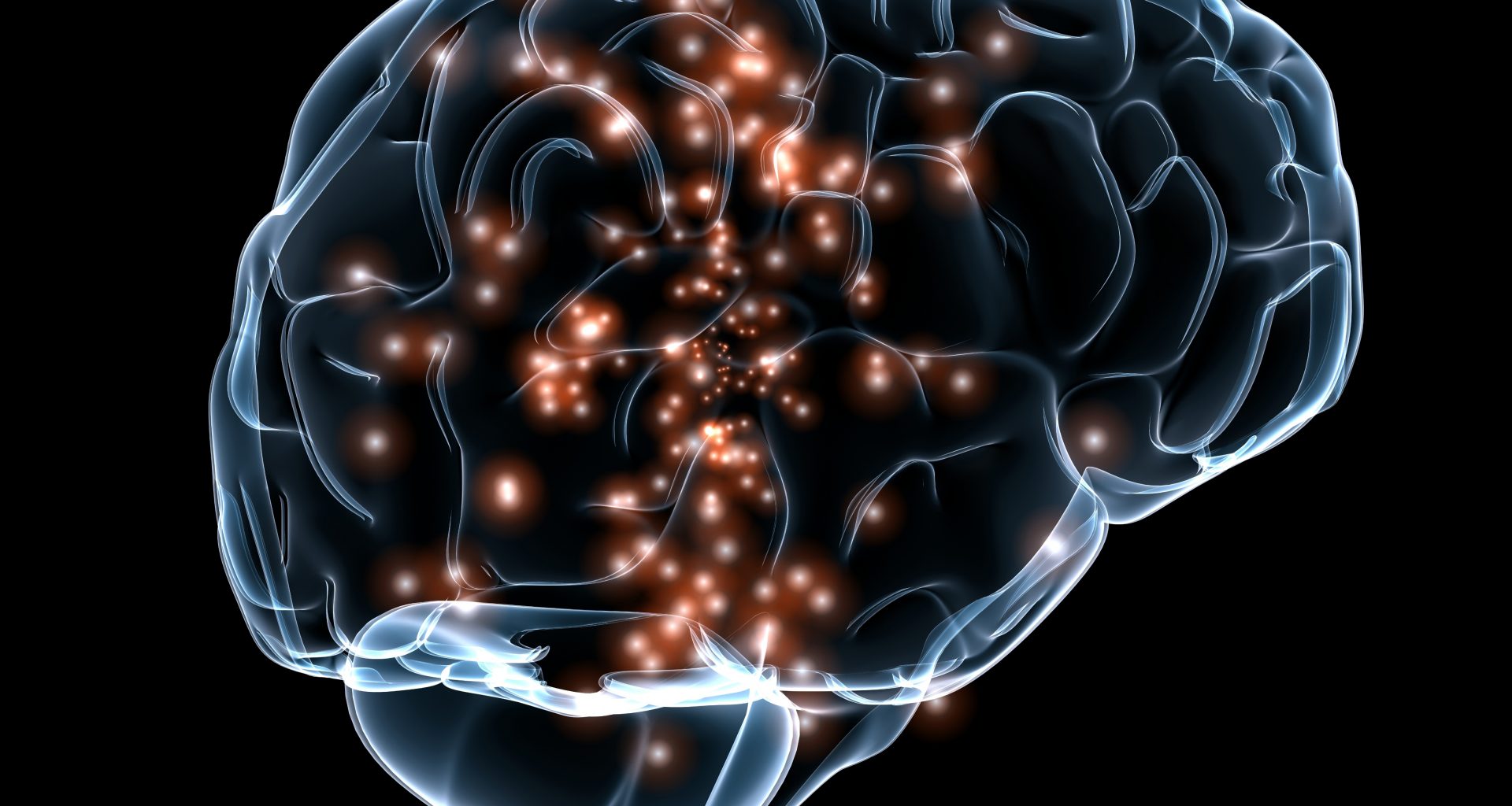A seemingly farcical yet totally real study from the University of York in the United Kingdom has discovered that directing magnetic energy into a person’s brain can cause the person to experiences changes in their belief in God as well as their opinions regarding immigrants.
Scientists experimented with the brains of participants by using magnetic energy to see how they could alter the ideologies of the patients. The researchers conducted the experiment to learn more about the brain and how it can be manipulated by directed energy.
Author of the study Dr. Keise Izuma said “People often turn to ideology when they are confronted by problems. We wanted to find out whether a brain region that is linked with solving concrete problems, like deciding how to move one’s body to overcome an obstacle, is also involved in solving abstract problems addressed by ideology.”
The experiment was conducted by dividing the participants into two groups. The first group, which served as the control group, received a placebo procedure that did nothing.
The second group, the experimental group, had magnetic energy targeted at their brain’s posterior medial frontal cortex, which is the part of the brain located a few inches above the forehead. This part of the brain has been linked to detecting problems and determining appropriate responses to such problems.
After the procedures, the participants were asked by researchers to think about the process of death, their religious beliefs and their thoughts on illegal immigrants.
The group that had magnetic energy applied to their brain experienced a 32.8% decrease in their beliefs regarding the possible existence of God, angels or heaven. The group was also 28.5% more likely to respond positively to the idea of immigrants living in their country of origin.
The scientists had reasons for choosing these controversial subjects.
Izuma explained, “We decided to remind people of death because previous research has shown that people turn to religion for comfort in the face of death. As expected, we found that when we experimentally turned down the posterior medial frontal cortex, people were less inclined to reach for comforting religious ideas despite having been reminded of death.”
As for the study regarding the participants’ opinions on immigration, participants were provided with two essays from immigrants. One essay said positive things about their country, while the other took a more critical viewpoint. The participants who received the magnetic stimulation were more likely to accept the essay with a critical viewpoint.
“We think that hearing criticisms of your group’s values, perhaps especially from a person you perceive as an outsider, is processed as an ideological sort of threat. One way to respond to such threats is to ‘double down’ on your group values, increasing your investment in them, and reacting more negatively to the critic. When we disrupted the brain region that usually helps detect and respond to threats, we saw a less negative, less ideologically motivated reaction to the critical author and his opinions,” Izuma explained.
While more research undoubtedly will take place, this initial experiment gives scientists a better understanding of how the brain functions. However, it also gives scientists more tools for the manipulation of people.
Stay Connected